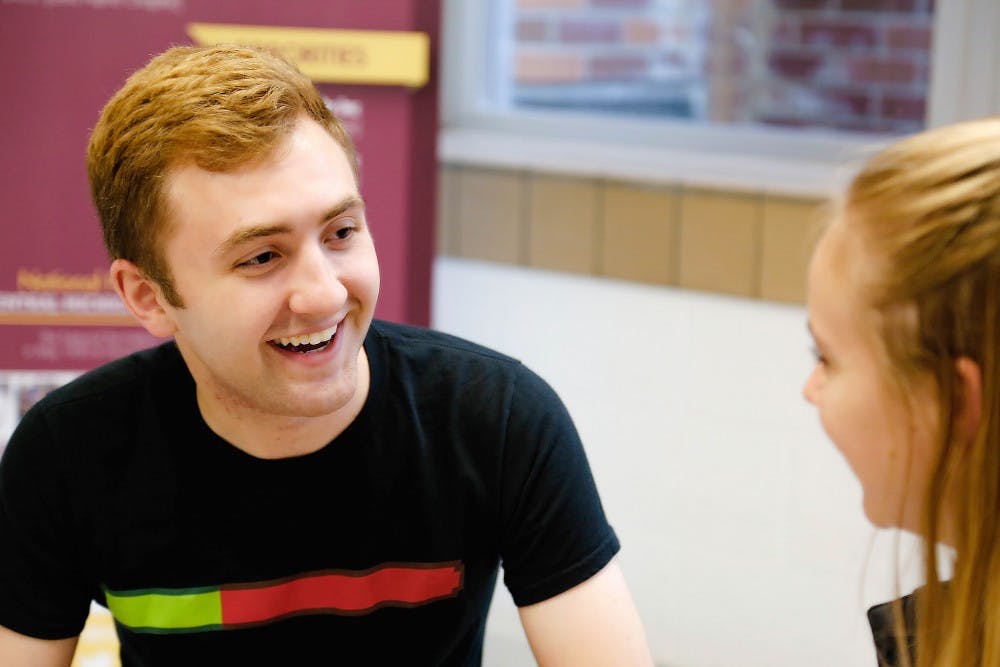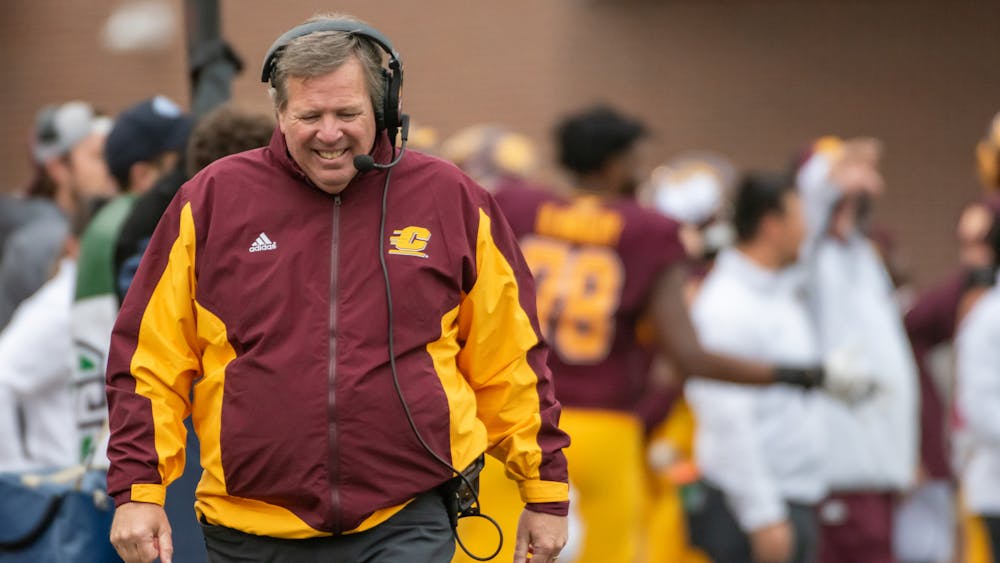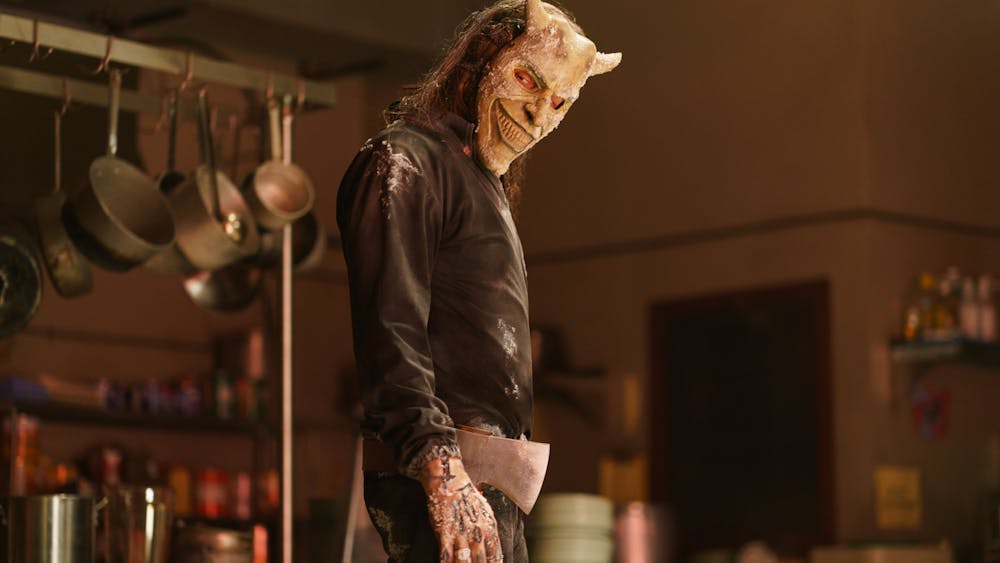Taking "Ally" out of CMU's Vocabulary

Stephanie Ralls never thought of herself as an ally to members of the LGBTQ+ community. She just thought of herself a friend to Cody Wilson.
"I'm not friends with him because I want to be an ally to him, I'm friends with him because we clicked," the Belleville senior said. "We would be friends regardless of his sexual orientation."
October is a time of celebration for people at Central Michigan University for coming out as members of the LGBTQ+ community. Someone not in the community, but either in support of a person or of the movement, is often called an "ally."
Wilson, a senior from Tipton, is gay. He also identifies as cisgender, meaning the gender assigned to him at birth aligns with his gender expression.
Wilson said claiming to be an ally is inappropriate and can even be offensive. He and the Director of LGBTQ Services, Shannon Detorre, said they prefer to hear people say they "are in solidarity" with the community, not allies with it.
"The concept of an ally is commonly used as an identity itself," Wilson said. "I stray from the word because an ally might speak on behalf of the community, which is inappropriate, instead of advocating with the LGBTQ."
Wilson said he cannot speak on behalf of the entire LGBTQ+ spectrum, but he believes someone who is in solidarity with the community has the same qualities as a good person or friend. They listen and are supportive when someone talks about the adversities they face.
Ralls is someone who has been good at fulfilling that role in Wilson's life.
"It's important to know that I don't understand everything he goes through," Ralls said. "I can stand next to him and support him, but at the end of the day no one is judging me based on my sexual orientation, and that's what they do to him. All I can do is just offer that shoulder."
Ralls said one of the hardest parts about being in solidarity with Wilson is watching her friend suffer because of other people's prejudice. One of her gut reactions when she hears people's problems is to try to fix them, but she thinks standing up for social issues sometimes means taking a back seat, listening and having hard conversations.
Something that bothers Wilson and Ralls is when people say they don't care if someone is gay.
People "coming out" as allies on social media or in person is something else that can be bothersome to members of the LGBTQ+ community.
"When people say 'I don't care,' that's not being an ally because as an ally you should care," Ralls said. "I do care about these people and I care about their adversity."
Allies, Detorre said, do not face the same hardships members of the LGBTQ+ community do when they "come out."
"Even if you get backlash, you can still get on with your life," Detorre said. "It's not like you are losing family members, friend groups or are at risk of violence. It just goes to the point of why people should not call themselves allies for any group that is marginalized (and you are not)."



